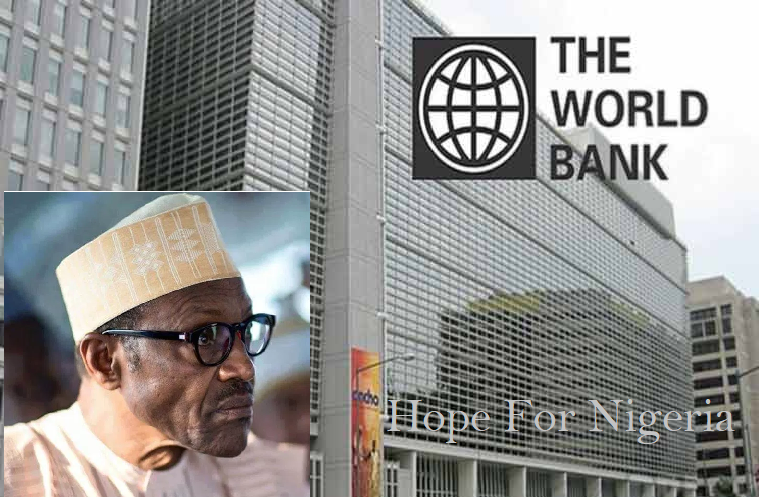There are no products in your shopping cart.
| 0 Items | £0.00 |


WORLD Bank officials have warned that Nigeria may have one of the highest inflation rates globally in 2022 as the incessant rise in consumer prices is pushing basic goods and services beyond the reach of most average Nigerian households.
According to the World Bank, Nigeria is projected to have one of the highest inflation rates globally and the seventh highest among sub-Saharan African countries in 2022. In the November edition of its Nigeria Development Update, the World Bank warned that this high inflation hampers the country’s attempt to achieve economic recovery and erodes the purchasing power of most vulnerable households.
In part, the document reads: “High inflation is frustrating Nigeria’s economic recovery and eroding the purchasing power of the most vulnerable households. In the absence of measures to contain inflation, rising prices will continue to diminish the welfare of Nigerian households.”
Furthermore, the bank highlighted the adverse effects of inflation on Nigeria, which include pushing 8m Nigerians into poverty and the possible disruption of consumption, investment and saving decisions, among other consequences. In addition, the World Bank also disclosed that over two years, an increase in food prices accounted for about 70% of the annual increase in the rate of inflation.
Its report read: “If inflation had been closer to the Central Bank of Nigeria’s goal of 9% in 2021, the average Nigeria’s consumption would have been 15% higher and 8m Nigerians would have not fallen into poverty. If double-digit inflation persists during 2022-2023, rising prices will distort consumption, investment and saving decisions of the government, households and firms, with adverse ramifications for long-term borrowing and lending.
"Over time, the disproportionate impact of inflation on lower-income households and those working in sectors with low savings will exacerbate inequality. Ultimately, inflation will not only negatively affect incomes but also economic productivity and job creation, further constraining the recovery.”
It also said that inflationary pressures were trigged by multiple demand and supply shocks. In addition, the document further highlighted the fact that inflationary pressures are being generated by multiple demand and supply shocks.
“The current mix of monetary, fiscal, foreign exchange and trade policies also plays a prominent role as a driver of inflation. Trade and foreign exchange restrictions, including the closure of land borders starting in August 2019, have increased prices for food and consumer goods and imports of over 40 goods, including many staple foods, are currently ineligible for foreign exchange through formal windows.
“Nigeria’s exchange-rate management has resulted in the rise of parallel rates, which are closely linked to food-price dynamics. Unable to access foreign exchange through the official exchange-rate window, businesses seek foreign exchange on the parallel market and other alternative sources," the report added.